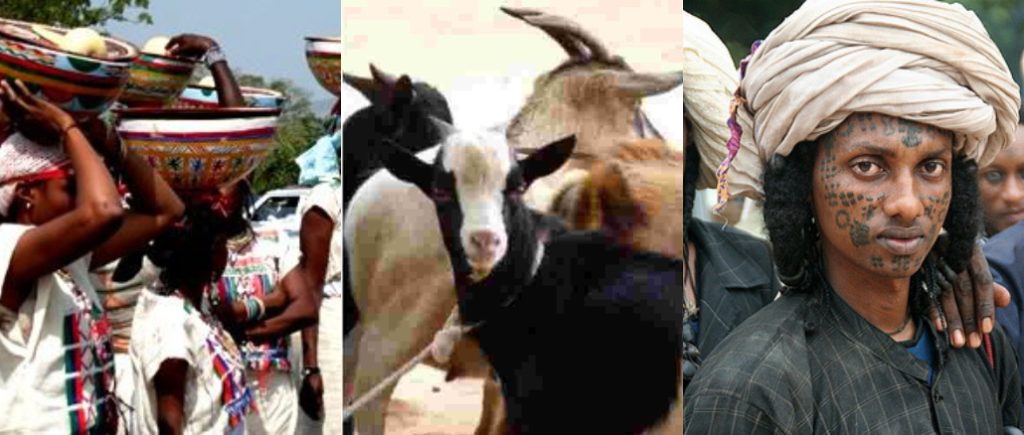- For generations, quite a few Fulani communities throughout northern Nigeria have abstained from consuming goat meat
- A follow deeply rooted in cultural traditions, historic influences, and perceived well being issues.
- Regardless of goat meat being extensively consumed throughout the nation, Fulani teams in states akin to Sokoto, Kano, proceed to keep away from it.

For generations, quite a few Fulani communities throughout northern Nigeria have abstained from consuming goat meat, a follow deeply rooted in cultural traditions, historic influences, and perceived well being issues.
Regardless of goat meat being extensively consumed throughout the nation, Fulani teams in states akin to Sokoto, Kano, Jigawa, Bauchi, and Gombe proceed to keep away from it, preserving the customized throughout generations.
The explanations for this custom fluctuate. Some elders hint its origins again to Usmanu Danfodiyo, the revered Nineteenth-century Islamic scholar and founding father of the Sokoto Caliphate. Oral histories counsel that Danfodiyo and his followers averted goat meat, a behavior that lots of their descendants have maintained.
Others imagine the avoidance stems from the notion that goats are unclean animals. In contrast to cows and sheep, which Fulani herders historically rear, goats are seen as much less fascinating for consumption because of their indiscriminate feeding habits, typically scavenging for meals.
This long-standing cultural follow continues to form dietary decisions among the many Fulani, reinforcing a novel facet of their heritage.
A resident of Kano, Malam Abdullahi, defined;
“Our elders warned us that goat meat may cause illnesses like leprosy and bronchial asthma. We grew up with this perception, and I can’t convey myself to eat it.”
Equally, Musa Muhammad, one other resident, said, “Goats eat something, together with soiled issues. That’s the reason many Fulani imagine their meat isn’t good for consumption.”
Some Fulani imagine that consuming goat meat may cause sure illnesses, resulting in widespread avoidance of the meat.
Nonetheless, medical consultants have debunked these claims, stating that goat meat is a nutritious supply of protein, wealthy in important nutritional vitamins and minerals.
Regardless of this, the idea stays sturdy amongst many Fulani communities.
A butcher in Bauchi, Umar Garba, remarked, “Even in case you serve it unknowingly, a Fulani individual will acknowledge it by its style and refuse to eat it.”
Whereas a lot of youthful Fulanis are starting to doubt this custom, a good portion nonetheless maintains it out of respect for his or her elders and their cultural background.














